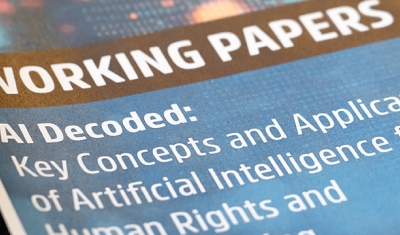Two Regional Consultations on the Future of the UN Treaty Body System


Geneva Academy
21 November 2016
In the context of our Academic Platform on Treaty Body Review 2020, an academic process contributing to the 2020 review of UN treaty bodies by the General Assembly, we held two regional consultations, for Eastern Europe and Latin America.
The reports of the consultations will be published shortly.
Regional Consultation for Eastern Europe
The regional consultation for Eastern Europe took place in Moscow, Russian Federation, from 18–19 November 2016. Hosted by the Institute of Legislation and Comparative Law under the Government of the Russian Federation, it brought together academic institutions and academics from the region, as well as observers from governments and civil society. Participants discussed many aspects of the treaty body system including its currents strengths and deficiencies.
Regional Consultation for Central and South America and the Spanish-speaking Caribbean
The regional consultation for Central and South America and the Spanish-speaking Caribbean took place in San José, Costa Rica, from 19–20 November 2016. Hosted by the Inter-American Institute for Human Rights, the Inter-American Social Responsibility and Human Rights Institute, and the Columbia University, it brought together academics and experts from the region, as well as observers from governments and civil society.












